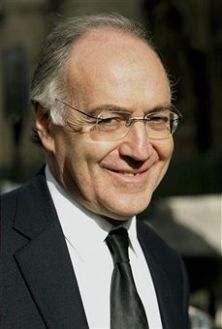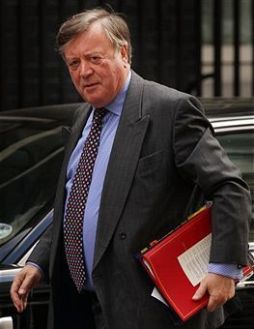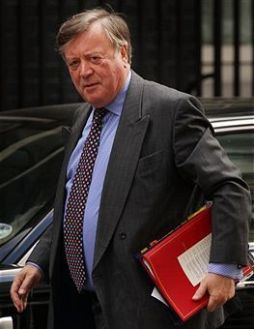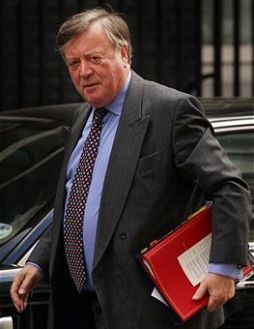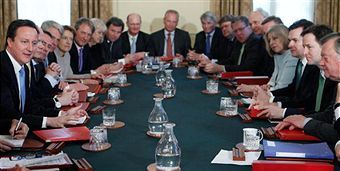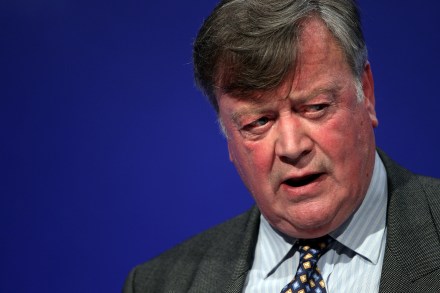Clarke ups the ante
Perceptions count and the coalition are perceived to be vulnerable on crime. Its policy of reducing the number of prisoners on short-term sentences has been caricatured as a reduction in sentencing per se, a liberal assault on the consensus that prison works. I don’t agree with that analysis (which overlooks that excessive sentences in disorganised and overcrowded prison can create habitual criminals, who cost society in perpetuity thereafter) but readily concede that it’s easy to traduce the government as soft on crime, and I was surprised that Ed Miliband didn’t do so last week – as were plenty of Tories. In fact, opposition comes from within the Tory party, even from the




